I have a C++ learning demo here:
char c = 'M';
short s = 10;
long l = 1002;
char * cptr = &c;
short * sptr = &s;
long * lptr = &l;
cout << "cptr:\t" << static_cast<void*>(cptr) << '\n';
cout << "cptr++:\t" << static_cast<void*>(++cptr) << '\n';
cout << "sptr:\t" << sptr << '\n';
cout << "sptr++:\t" << ++sptr << '\n';
cout << "lptr:\t" << lptr << '\n';
cout << "lptr++:\t" << ++lptr << '\n';
cout << c << '\t' << static_cast<void*>(cptr) << '\t' << static_cast<void*>(++cptr) << '\n';
cout << s << '\t' << sptr << '\t' << ++sptr << '\n';
cout<< l << '\t' << lptr << '\t'<< ++lptr << '\n';
The compiler warnings:
Can anyone explain this to me? How to fix it?
